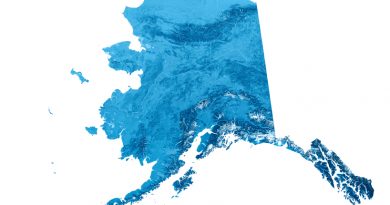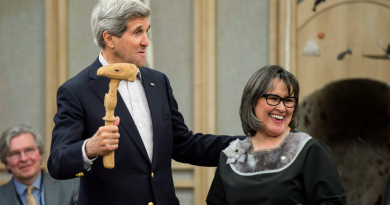U.S. appoints special coordinator for the Arctic to advise on national security, economic issues
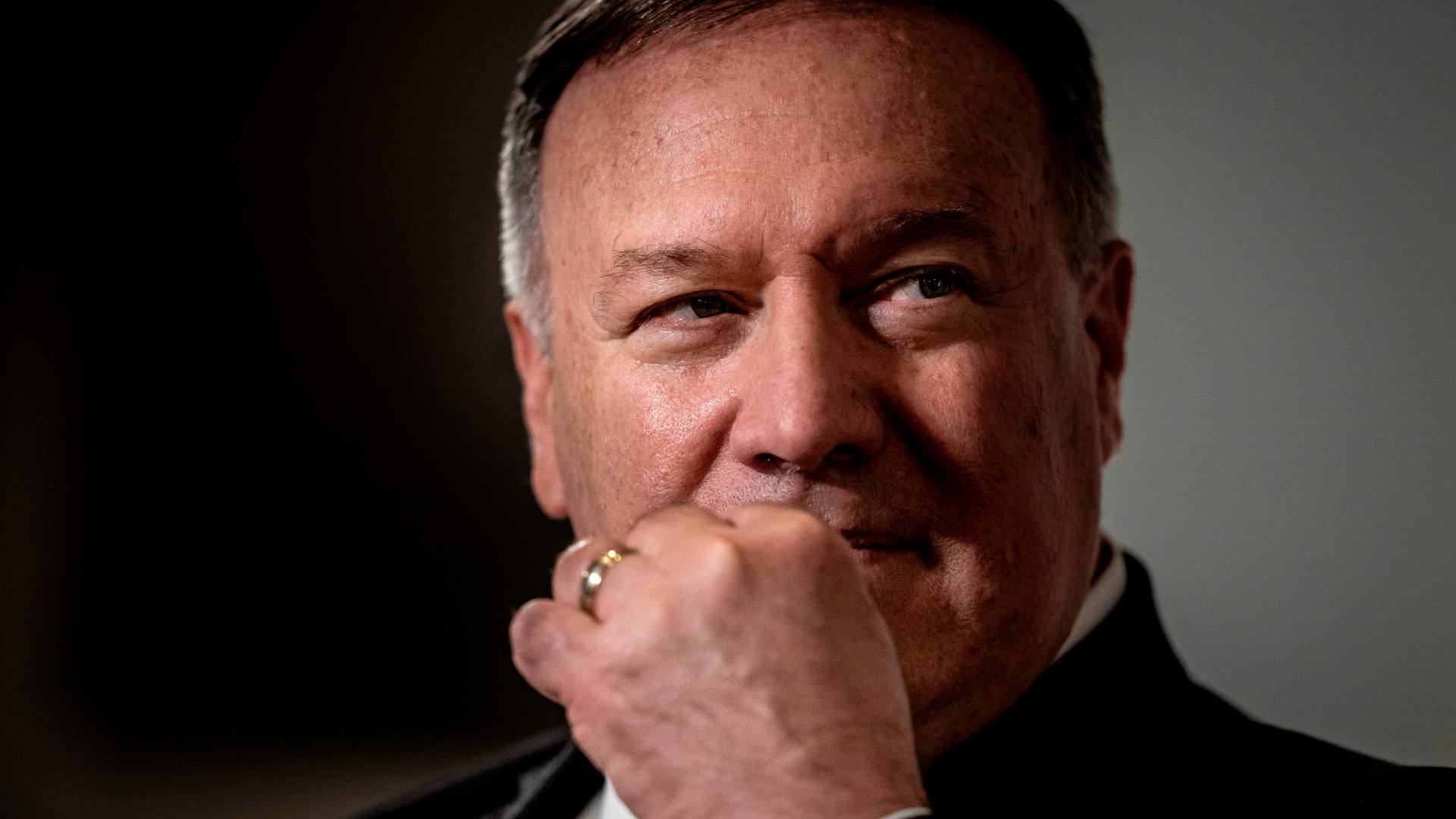
The U.S. State Department has named Jim DeHart, a career diplomat, as its U.S. Coordinator for the Arctic Region a role created to focus on national security and economic development questions in the North.
“Serving as the principal advisor to the Secretary and the Deputy Secretary on all Arctic matters, DeHart will lead and coordinate the Department’s policy-making and diplomatic engagement on Arctic-related issues to advance U.S. interests in the region related to safety and security, sustainable economic growth, and cooperation among Arctic States to support and strengthen the rules-based order in the region,” said a statement posted on the U.S. Department of State website on Wednesday.
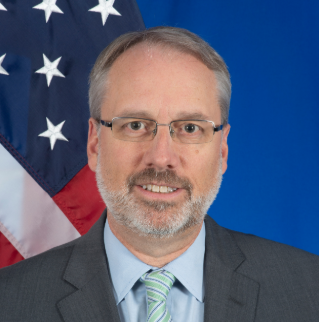
DeHart’s biography on the site describes his recent positions as Senior Advisor for security Negotiations and Agreements, Assistant Chief of Mission at the U.S. Embassy in Kabul and Deputy Chief of Mission in Oslo.
Few details about the new U.S. Coordinator for the Arctic Region were immediately available upon the announcement, however some regularly involved in U.S. Arctic affairs told Eye on the Arctic on Wednesday the role’s focus fits in with ramped up talk among state department officials in recent months about the need to bolster attention on national security questions in the North.
” ‘National security’ is code for China and Russia,” said one source who didn’t want to be named because they were not authorized to speak about the meetings. “But mostly China.”
Increasing U.S. focus on Arctic security questions
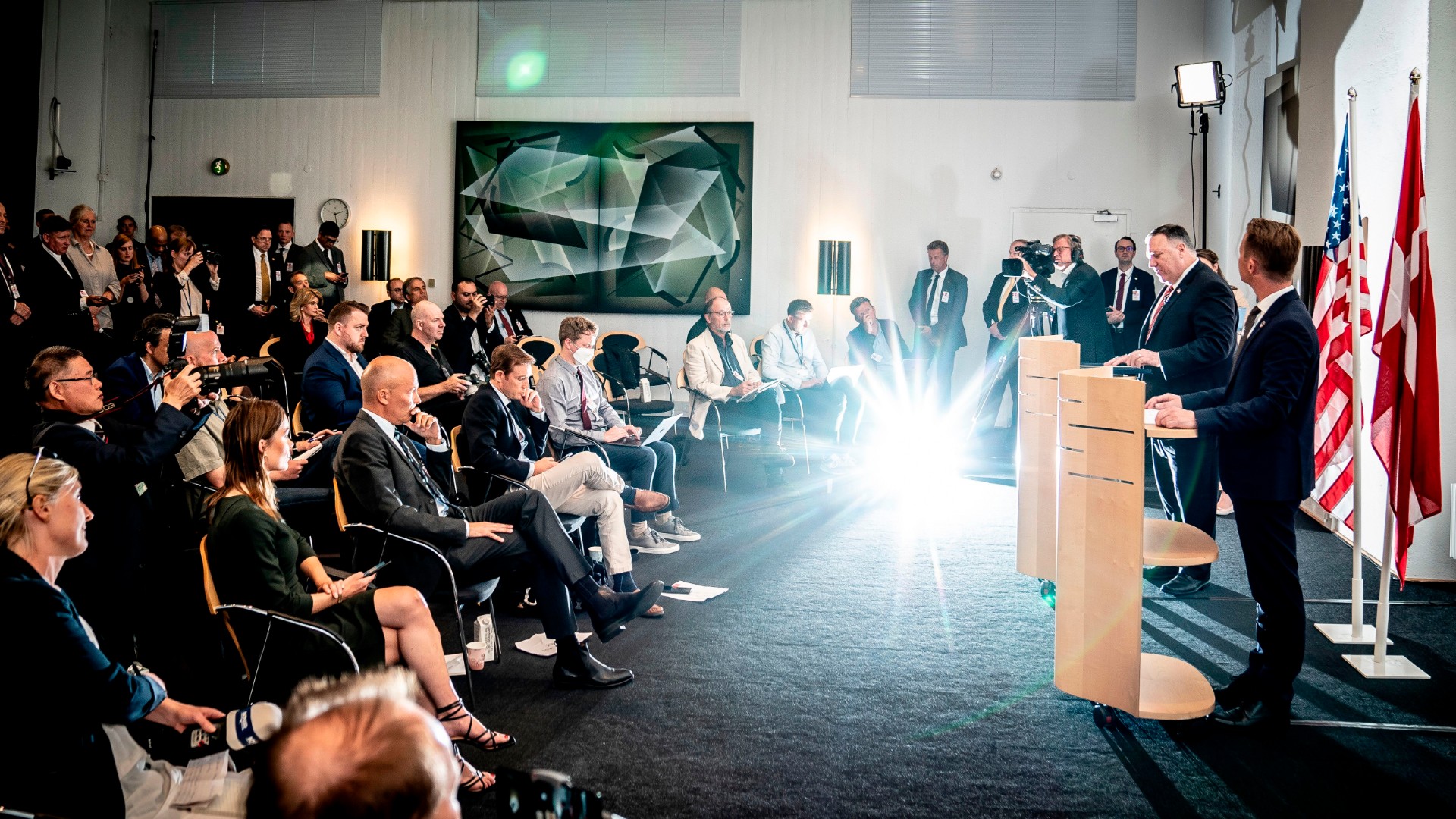
The Trump administration was largely absent on Arctic affairs until the leadup to the Arctic Council ministerial in Finland in May 2019 where U.S. Secretary of State Mike Pompeo stunned the audience by blasting Russia and China for the their activities in the Arctic and raising security concerns about their intentions.
(The Arctic Council is an intergovernmental forum is made up of the eight northern nations and six Arctic Indigenous groups. Its mandate is to discuss sustainable development and environmental protection. Military and security issues have been explicitly excluded from the forum since its founding to allow the members to concentrate on common concerns. Russia is a founding member of the Arctic Council and China has been an observer country since 2013 and the country’s respective delegations were both in the audience at the time.)
Delighted to announce the appointment of Jim DeHart as U.S. Coordinator for the Arctic Region. I am fully confident Jim will lead efforts to advance U.S. interests related to safety and security, sustainable economic growth, and cooperation among Arctic States.
— Secretary Pompeo (@SecPompeo) July 29, 2020
DeHart’s appointment is the latest in a series of ramped up Arctic announcements from the U.S. in recent months:
- A $12.1 milllion U.S. aid package to Greenland was announced in April
- In June, U.S. President Donald Trump signed a memorandum to bolster the U.S.’s flagging icebreaker capacity
- On June 10, the U.S. reopened the U.S. consulate in Nuuk, Greenland
- And on a trip to Denmark last week, Pompeo reiterated calls for vigilance when it comes to China and Russia’s activities in the North
‘Problems from down South shouldn’t be brought up here’
Some Alaskan Indigenous organizations say its still too early to say how the new role would compare to the role occupied by Admiral Robert Papp when he served as U.S. Special Representative to the Arctic from 2014-2017.
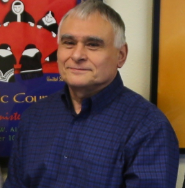
“We didn’t know this was coming so the announcement has caught ICC a little by surprise,” said James Stotts, Head of Delegation for the Inuit Circumpolar Council (ICC) within the Arctic Council and President of ICC Alaska, reached by phone on Wednesday.
(ICC is one of the Arctic Council’s six permanent participants and represents the 180,000 Inuit in Alaska, Canada, Greenland and Chukotka, Russia.)
“ICC has a very clear position that the Arctic should be a place of peace and goodwill and cooperation, and that’s how we operate at the Arctic Council,” Stotts said.
“We have almost no details about Mr. DeHart and the new position but it’s somewhat troubling to see this increasing new focus on Arctic security issues. We see these as problems from down South that shouldn’t be brought up here.”
Write to Eilís Quinn at eilis.quinn(at)cbc.ca
Related stories from around the North
Canada: Canada’s long-term neglect of Arctic must stop says Senate report, Eye on the Arctic
Denmark: Denmark, U.S. affirm need to ‘maintain and build situational awareness’ in the Arctic, Eye on the Arctic
Finland: Finland joins other Nordic countries in virtual tourism due to pandemic, Yle News
Iceland: Nordics should aim for common approach to China’s Arctic involvement says report, Eye on the Arctic
Norway: Norway strengthens its Arctic military in new defense plan as security concerns grow in the region, The Independent Barents Observer
Russia: Two Chinese rigs prepare for drilling in Russian Arctic waters, The Independent Barents Observer
Sweden: Sweden’s FM calls for more EU involvement in Arctic as country hosts EU Arctic Forum, Radio Sweden
United States: Trump advances new icebreaker plan, Alaska Public Media

